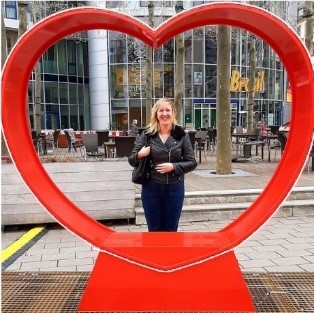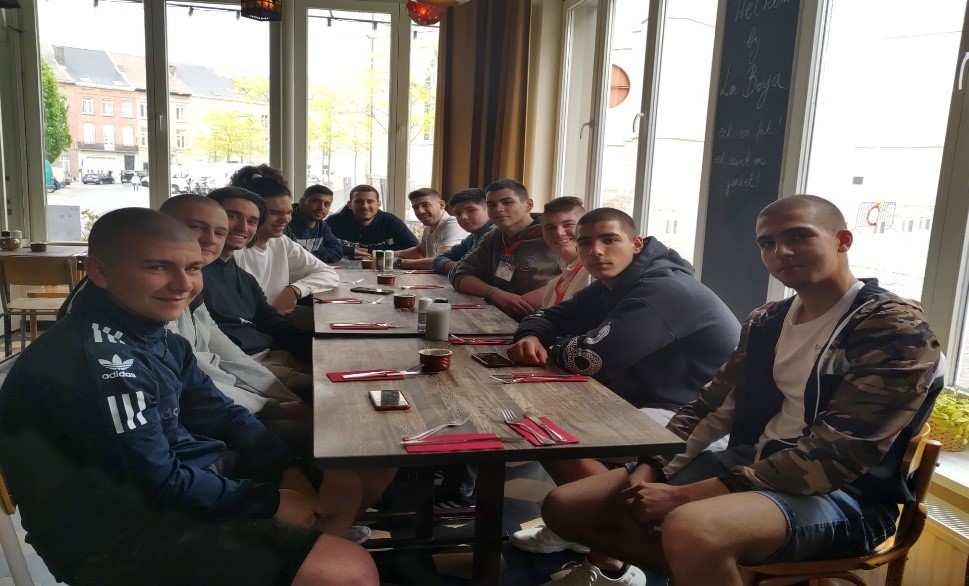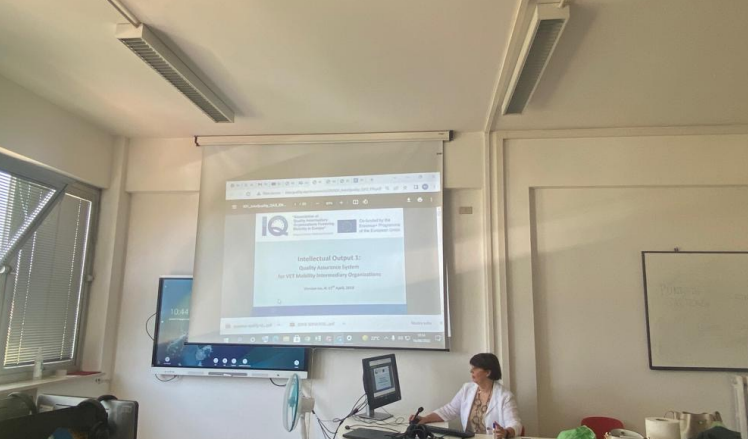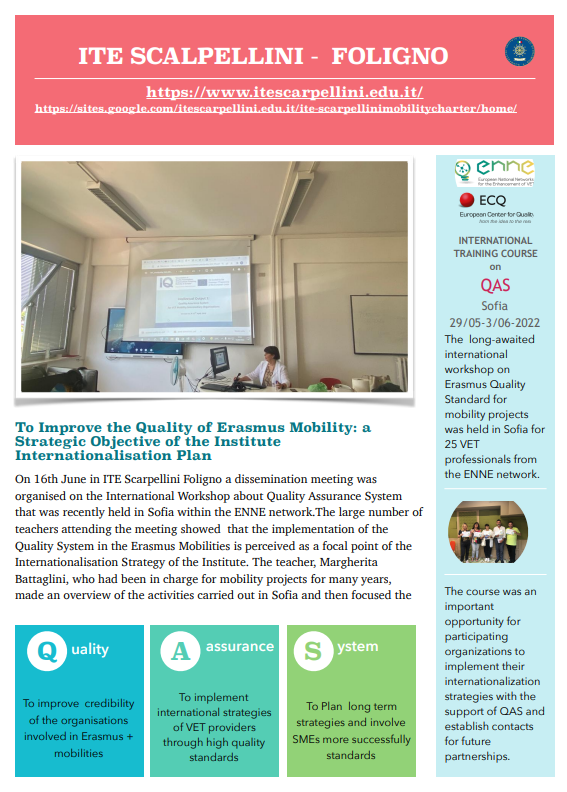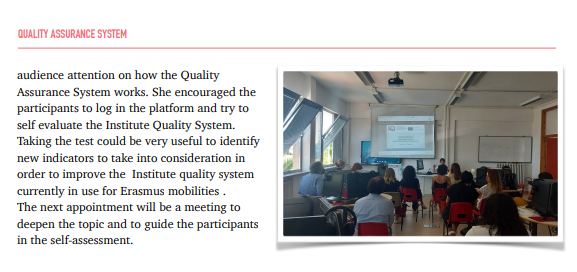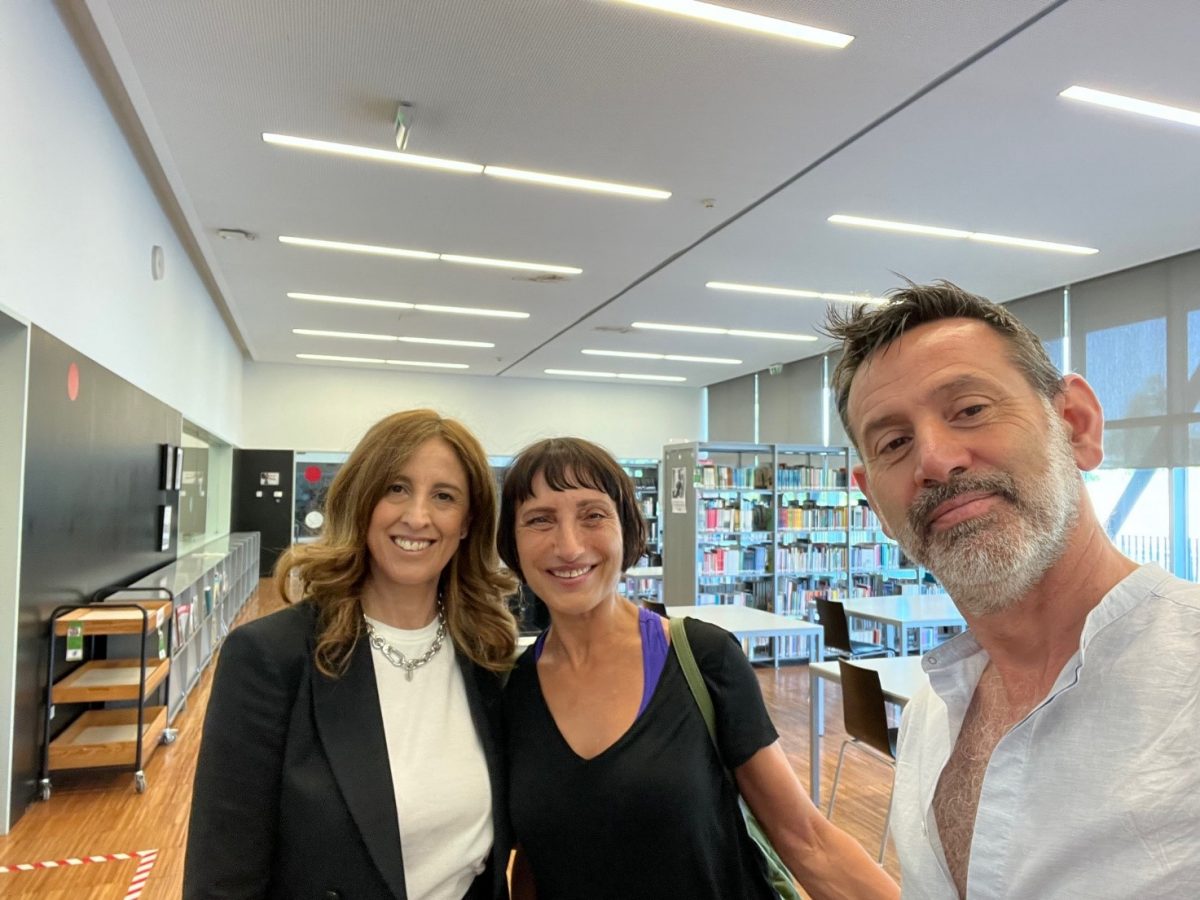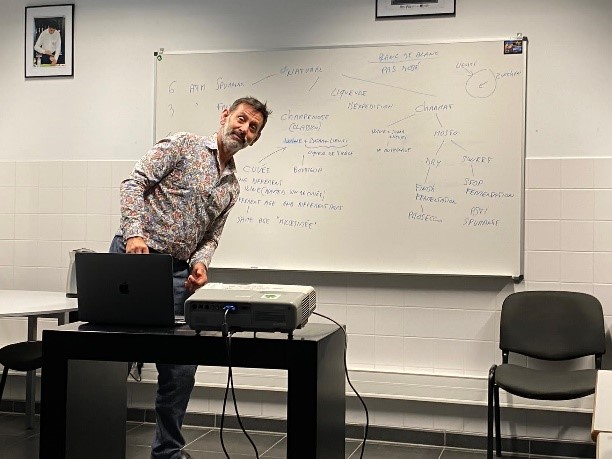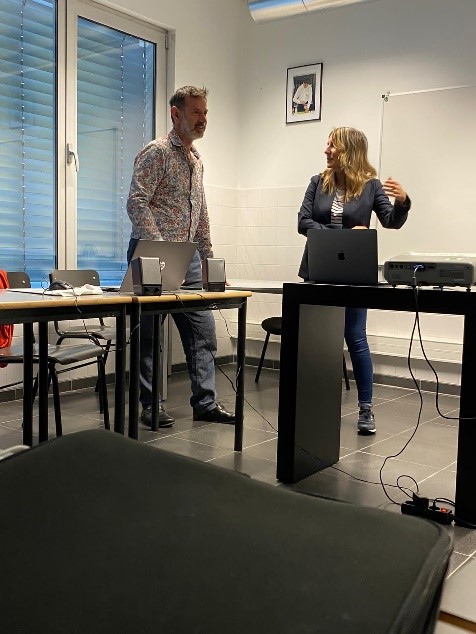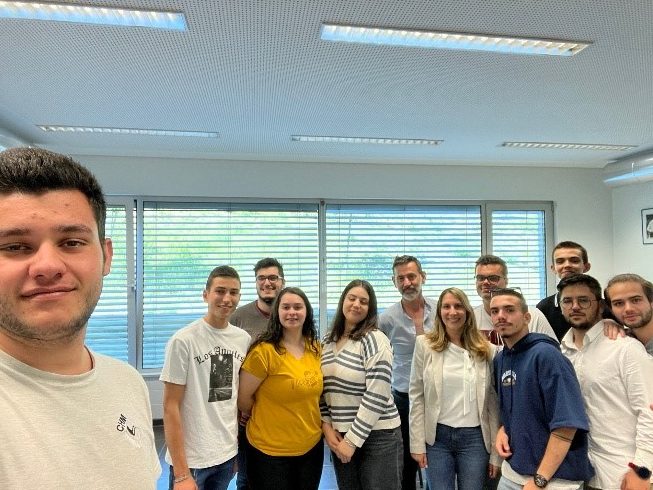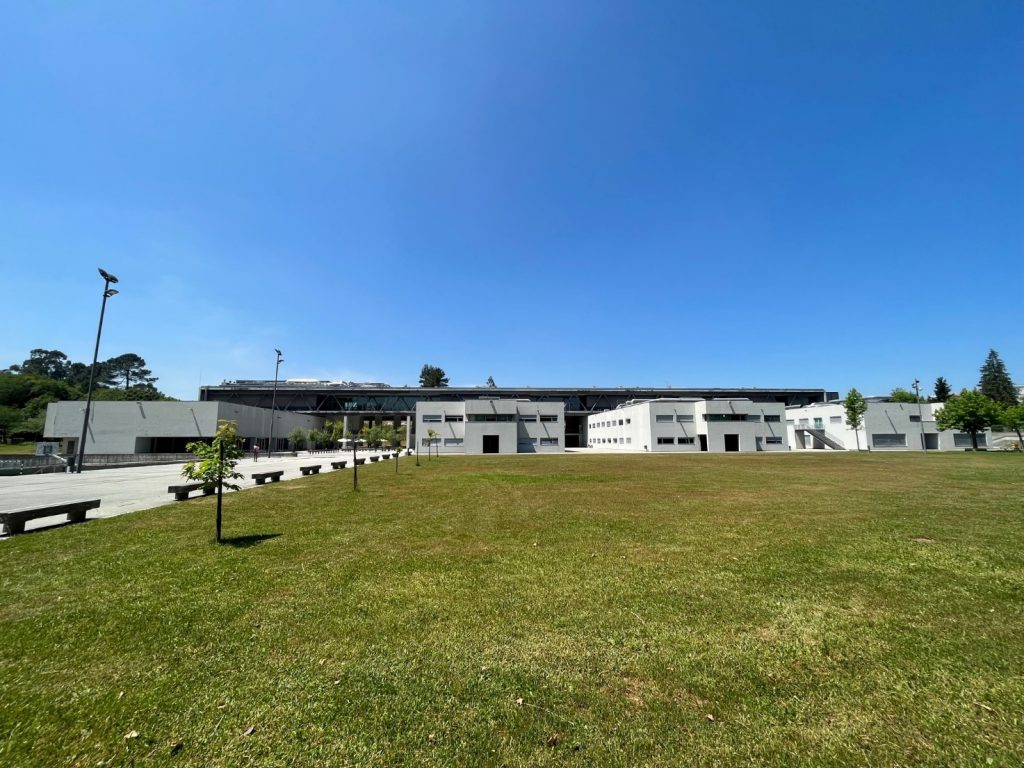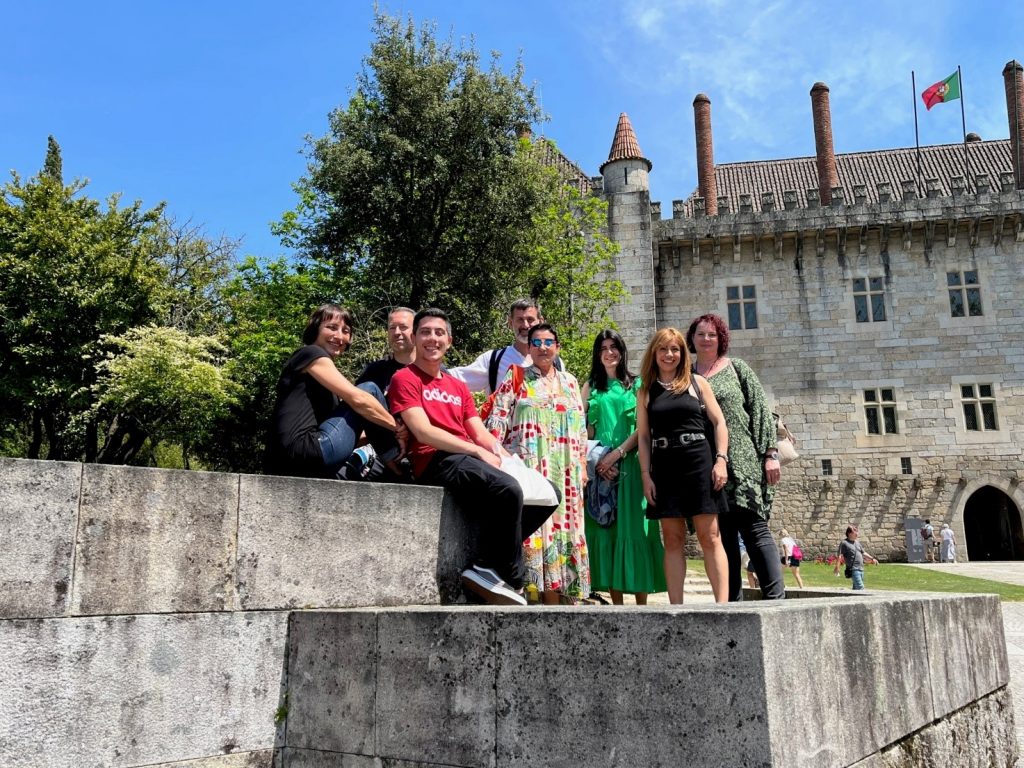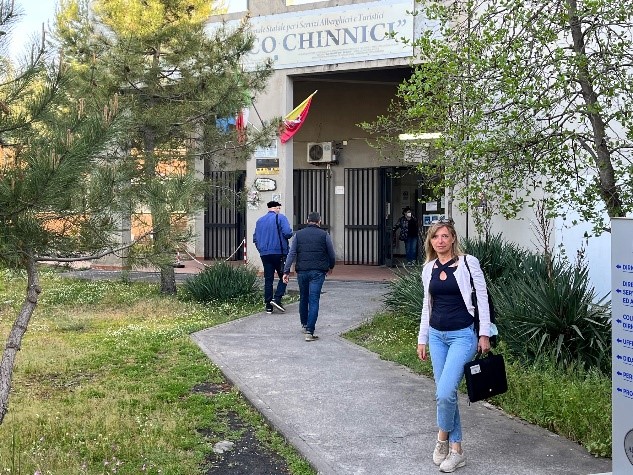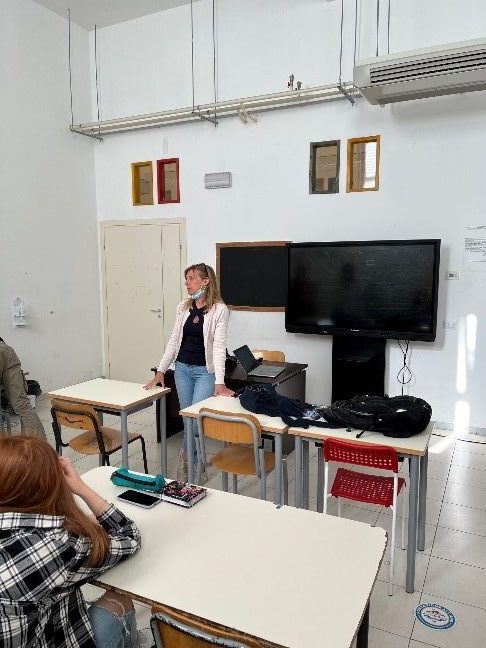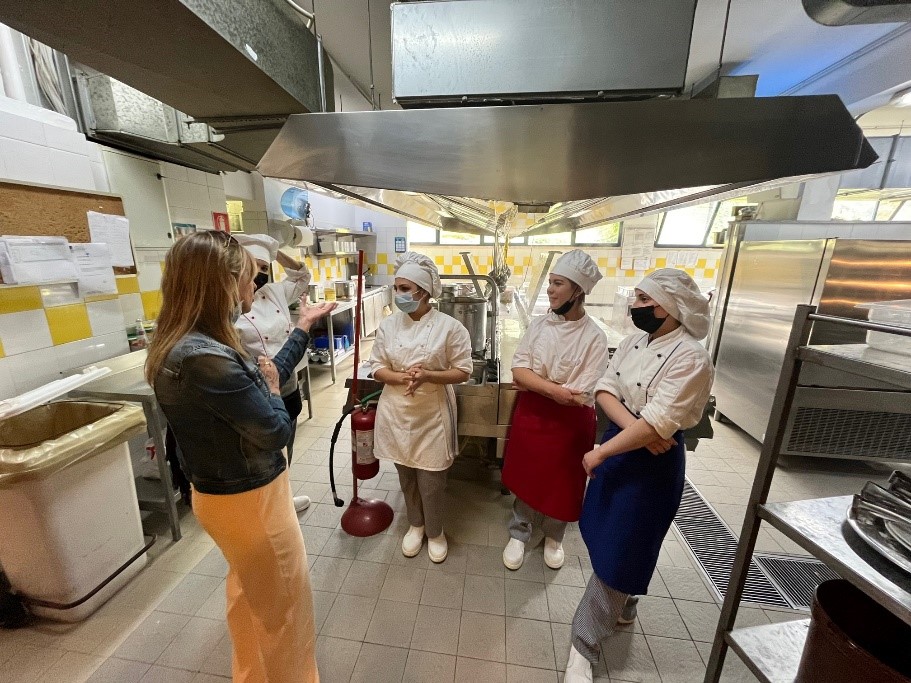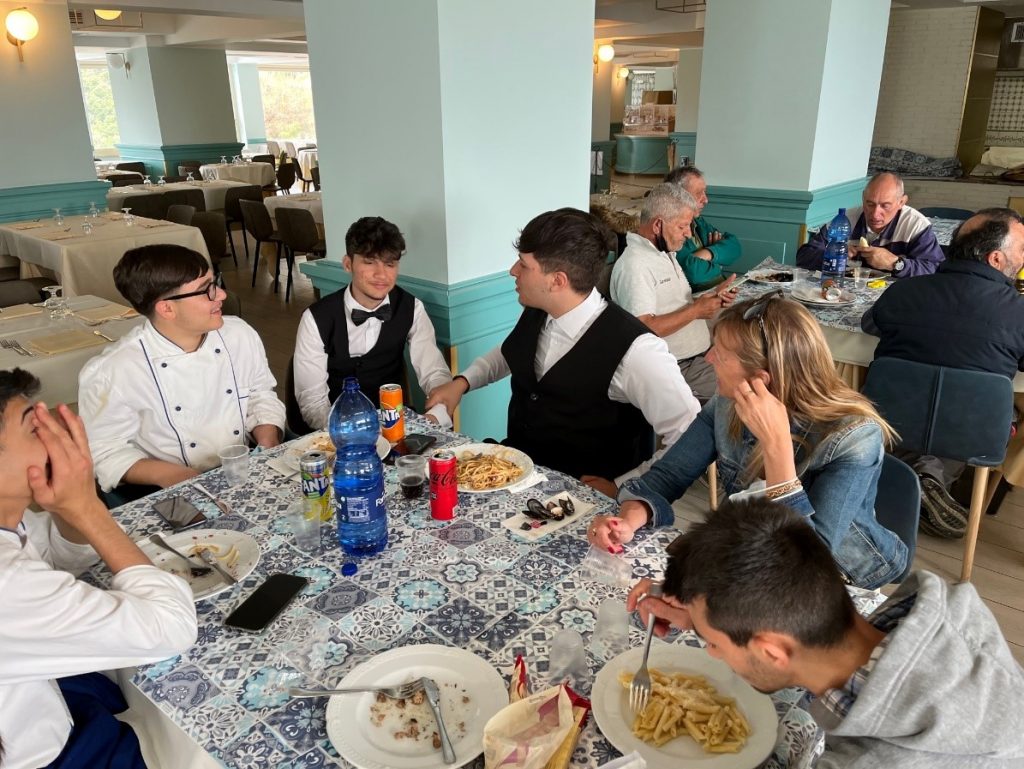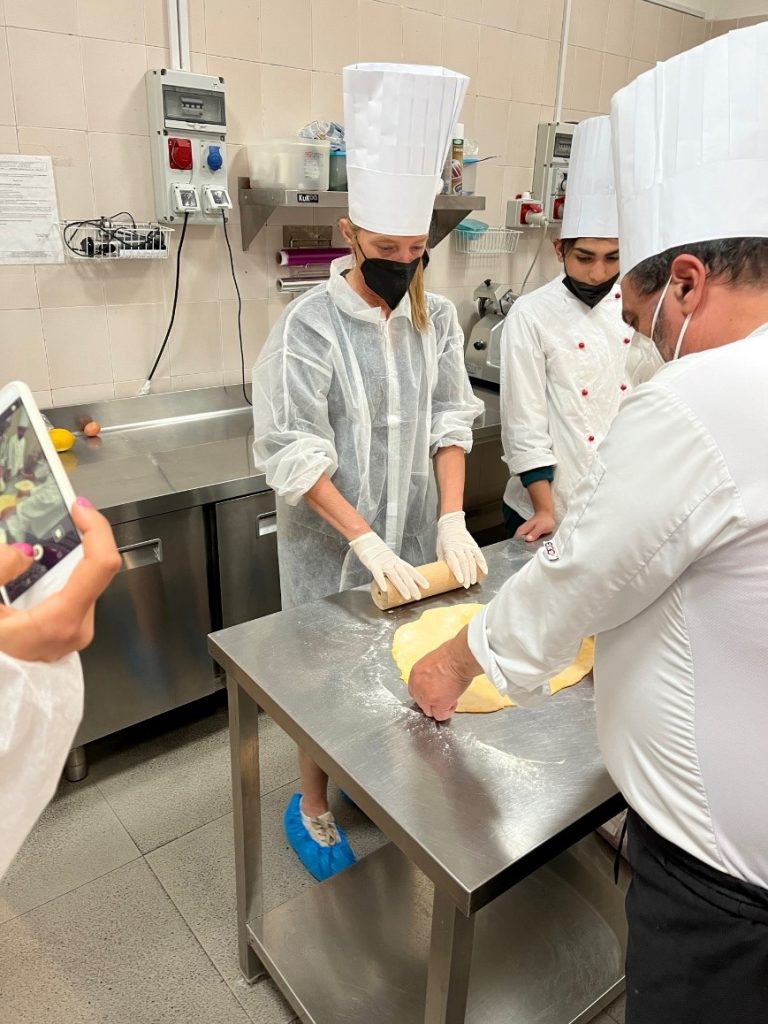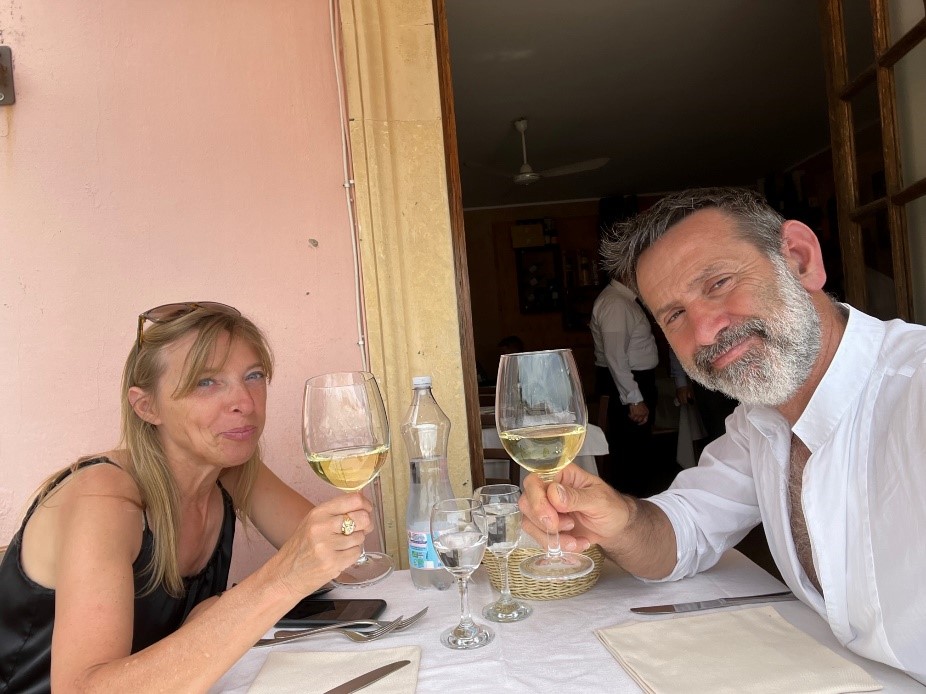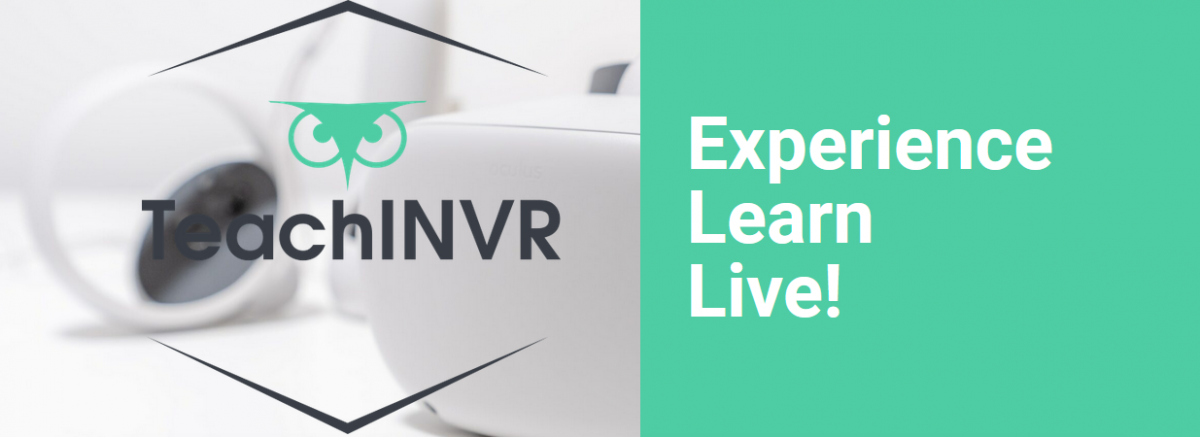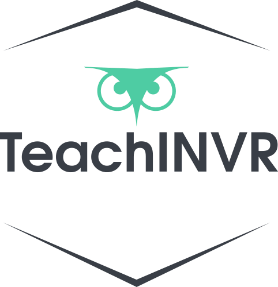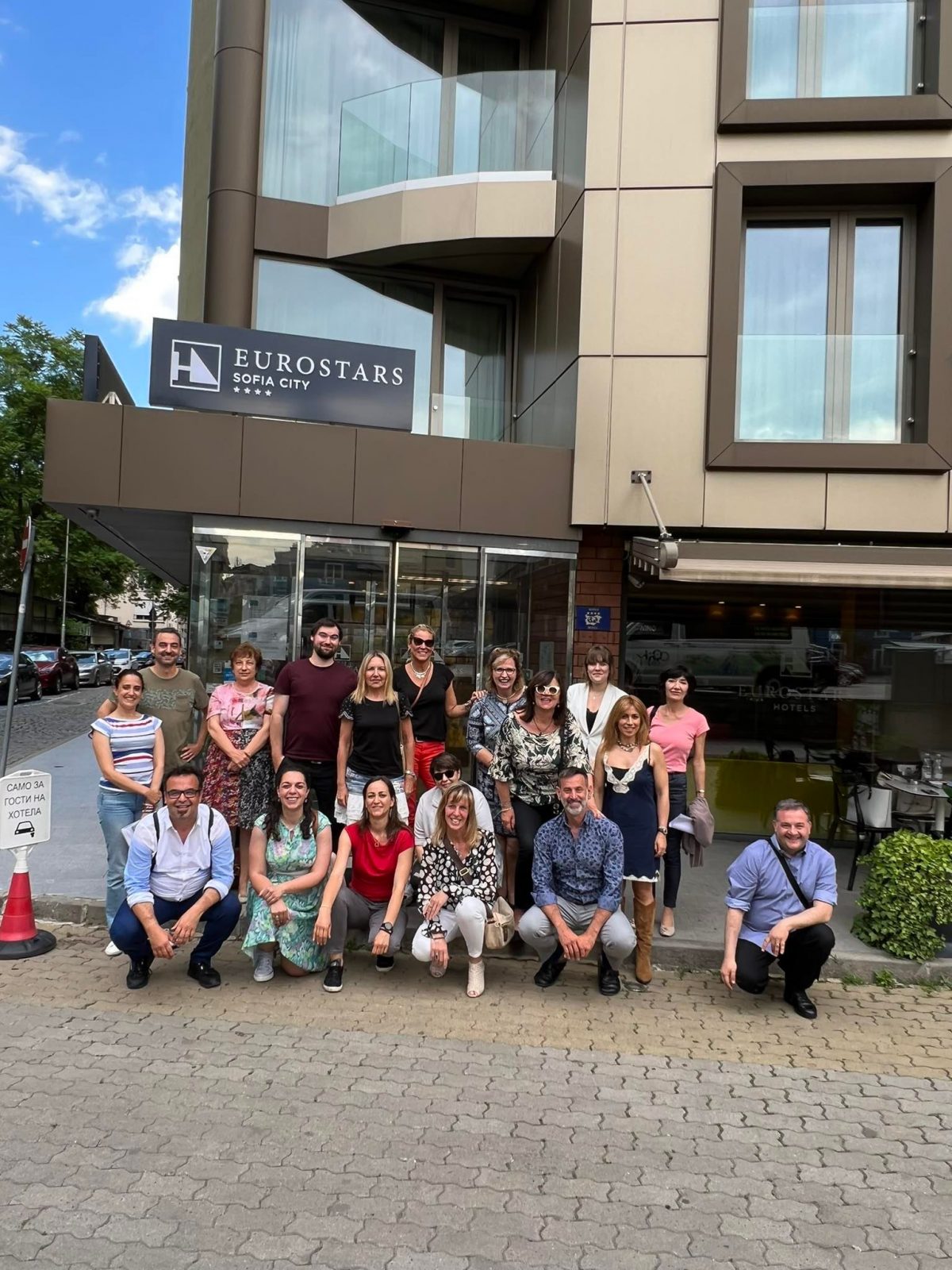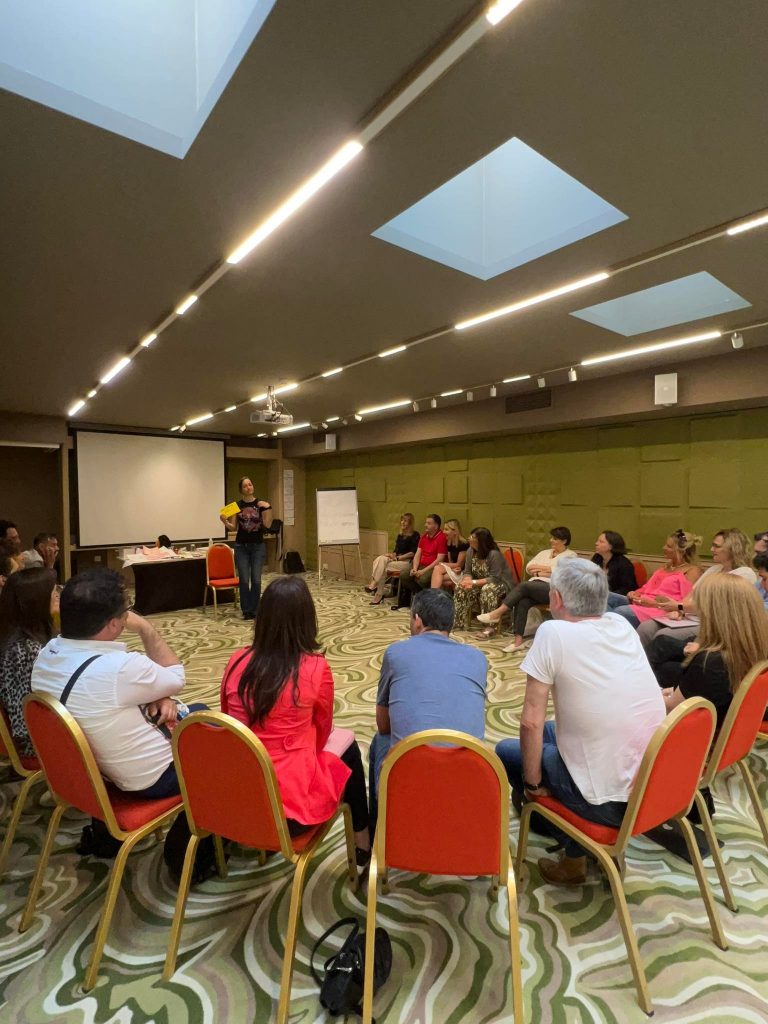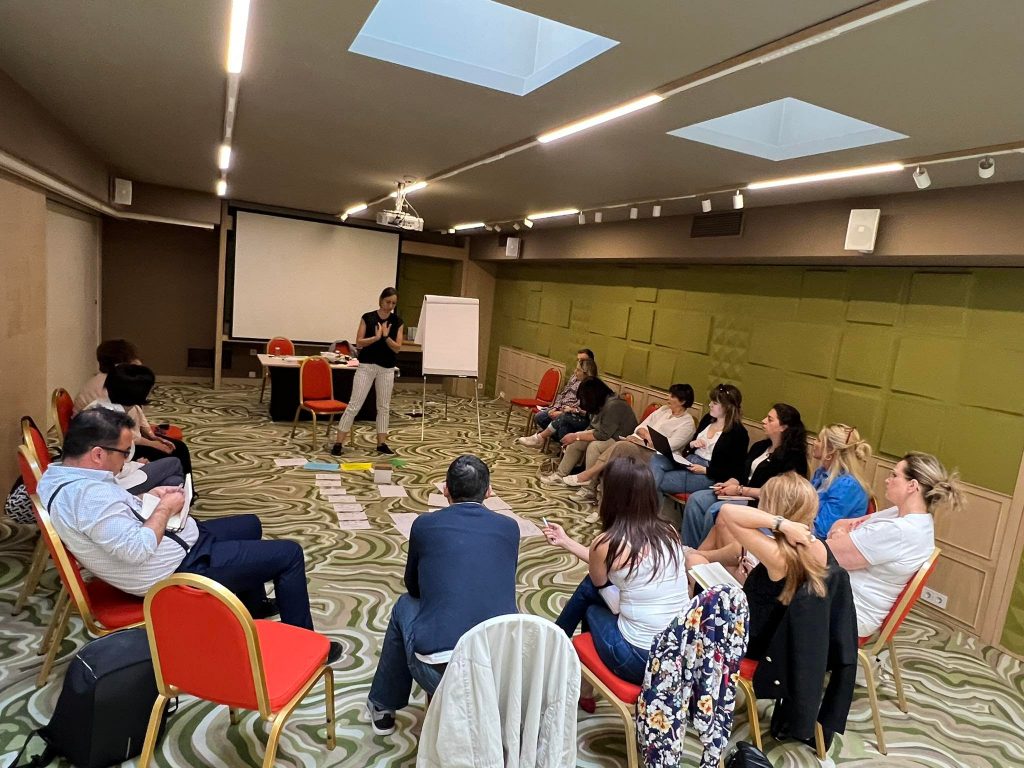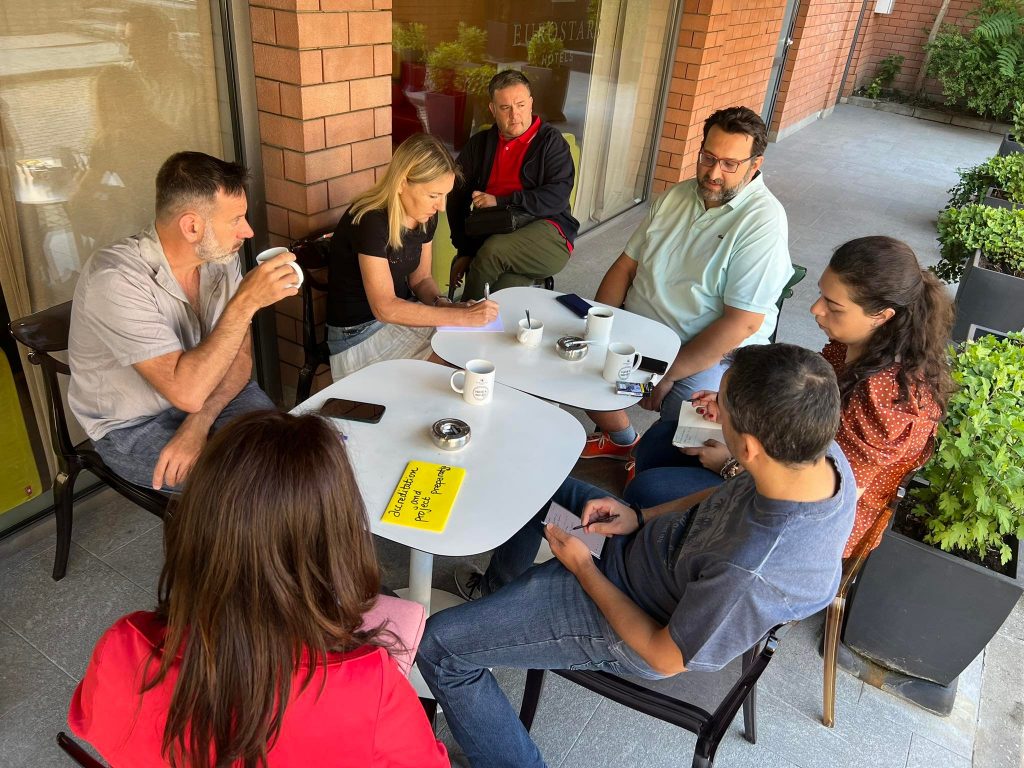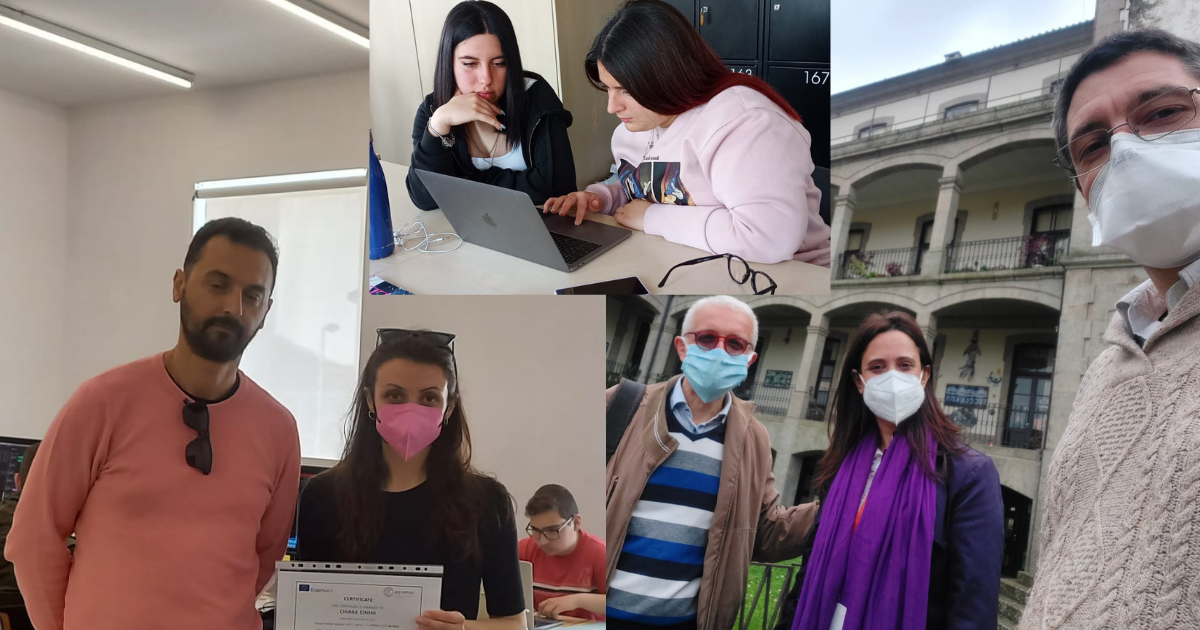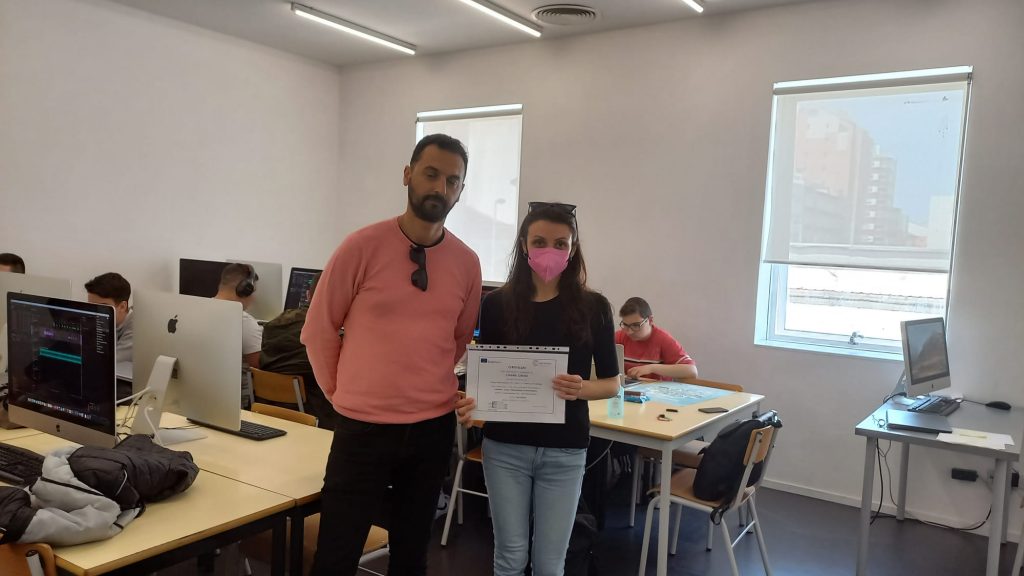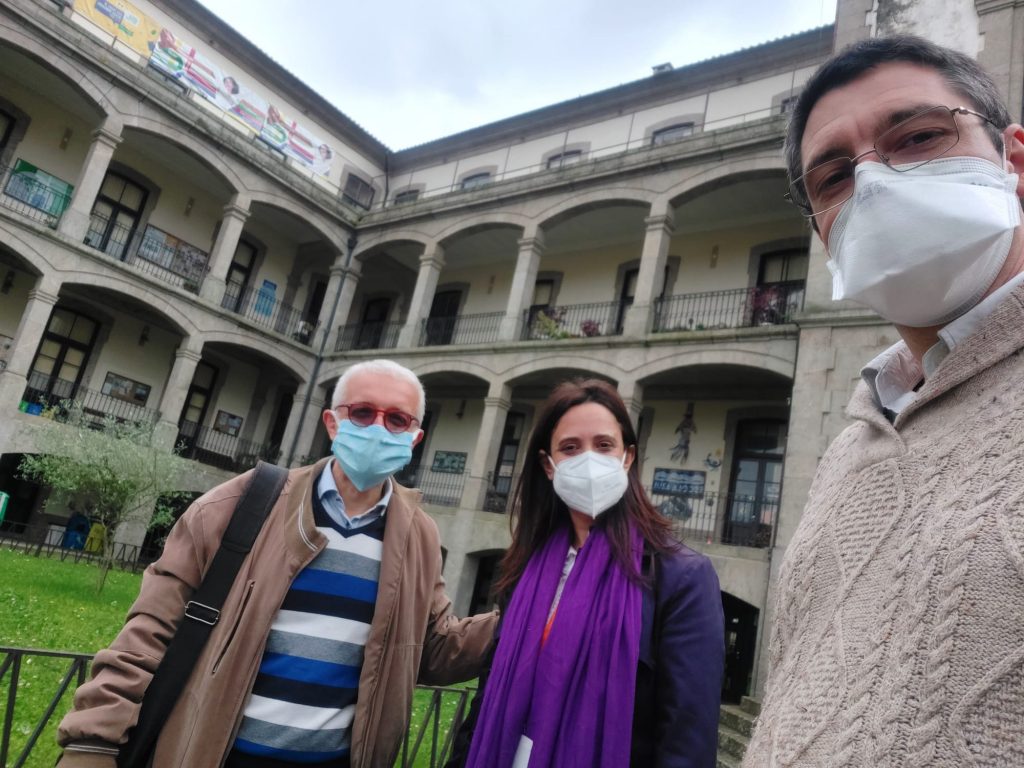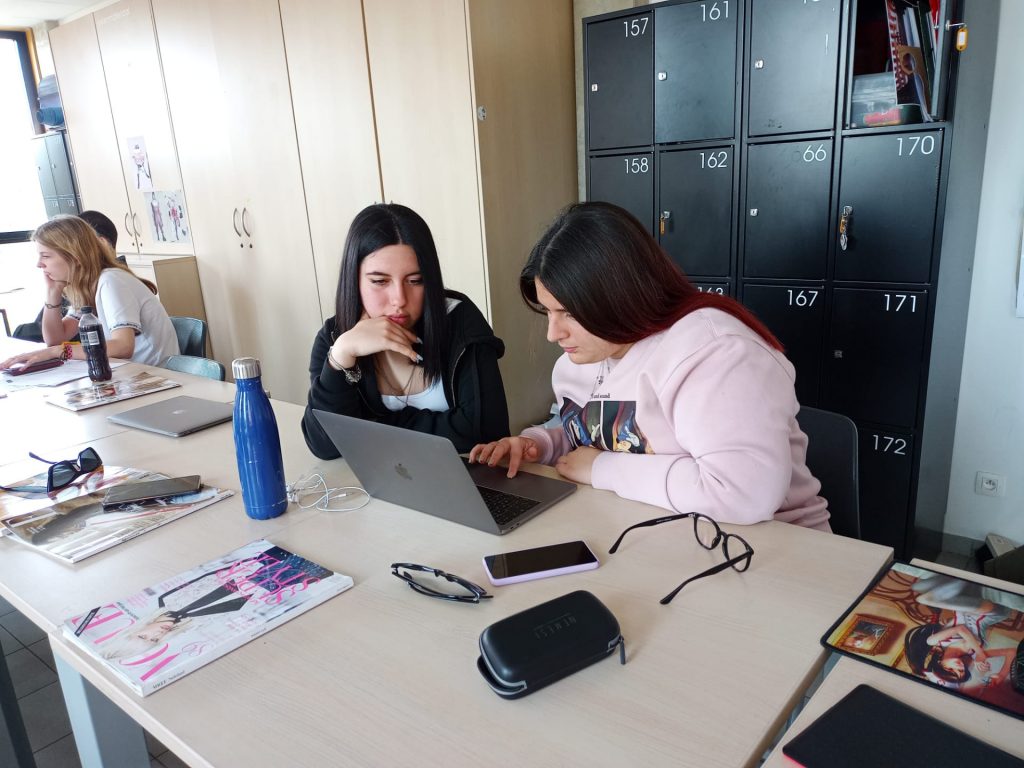13 students in 10 days had an intense experience. The one that can be defined not simply as work or a personal one, but as a life experience. Being introduced, even if delicately, into a system so distant from their own, implies a significant effort. Adapting rapidly to requests, outside your own field of competence, makes you grow both from the personal and work level. And maybe this is the reason why teenagers love those kind of projects.
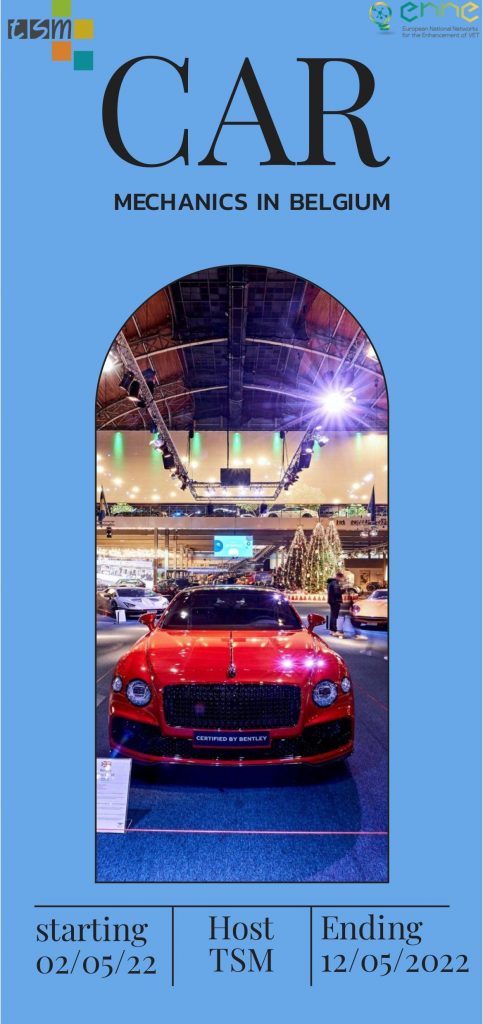
What is the project in which these young people from Bulgaria, Portugal, and Italy took part in?
It is called Car mechanics in Belgium, more specifically the students took part in the experience in Mechelen, a Belgian city located in the province of Antwerp. All this was possible thanks to the opportunity provided by the Technical schools Mechelen, a technical school known for its reputation in technical training in building, biotechnics, car mechanics, multimedia. Not only but also thanks to Connectief, an organization that supports the implementation of mobility. VDAB as well, a public employment service in Flanders. Which made available the necessary tools, for a 3-day project, called: Greenpower.
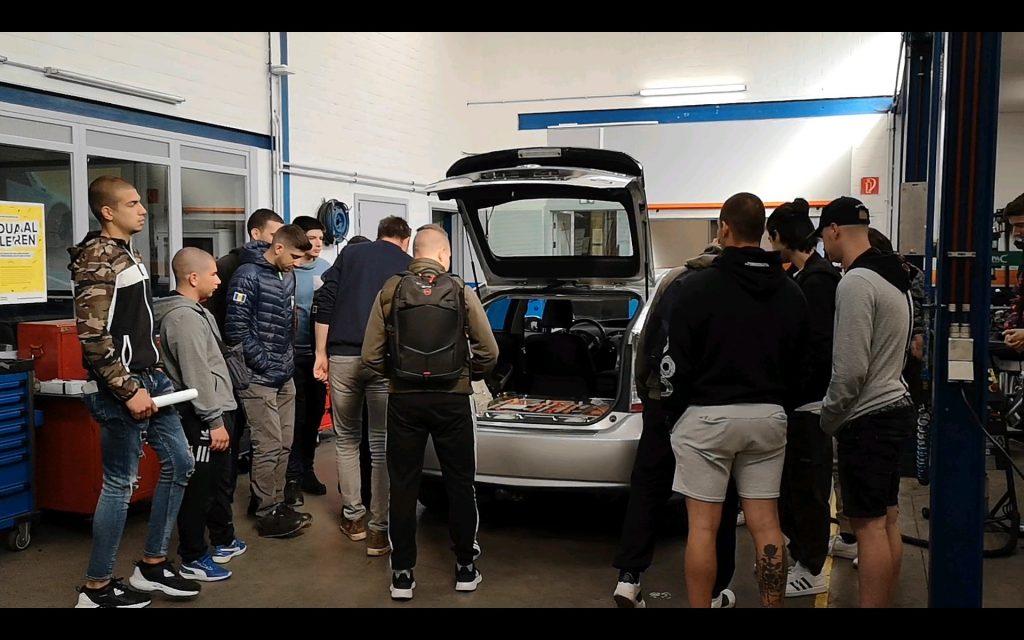
This collaboration resulted in a 10-day project focused on increasing knowledge of electric and hybrid vehicles. Characterized by activities, which aimed to learning how to power up a vehicle in AR (augmented reality), working on an electric vehicle supervised by a teacher and electrode mobile experience room. All lightened by activities that led the student to fall in love with the city they were in, to enjoy the time spent in the halls of the auto world and army museum. It was an experience marked by an appreciation of practicality. The fact that the students had the opportunity to verify their knowledge, touching with their hands and seeing this new world with their eyes, made the experience even more effective.
The icing on the cake was participation in the green power project. It lighted up the minds of these young people, procuring a special interest. Being able to drive an electric kart, which they had built themselves, placed the project on a higher level.
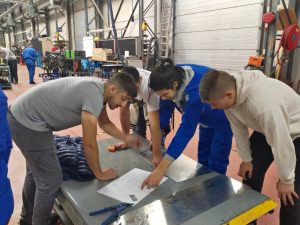
In conclusion, such a project cannot be belittled simply by calling it a school experience, because it is anything but. The collaboration created between the students, the relationships established, and the palpable understanding that there was between those guys, who did not even know each other up to 10 days before, can not only affect the working environmentbut the personal one as well.

What better way to describe an experience than with words used by the participants themselves!
